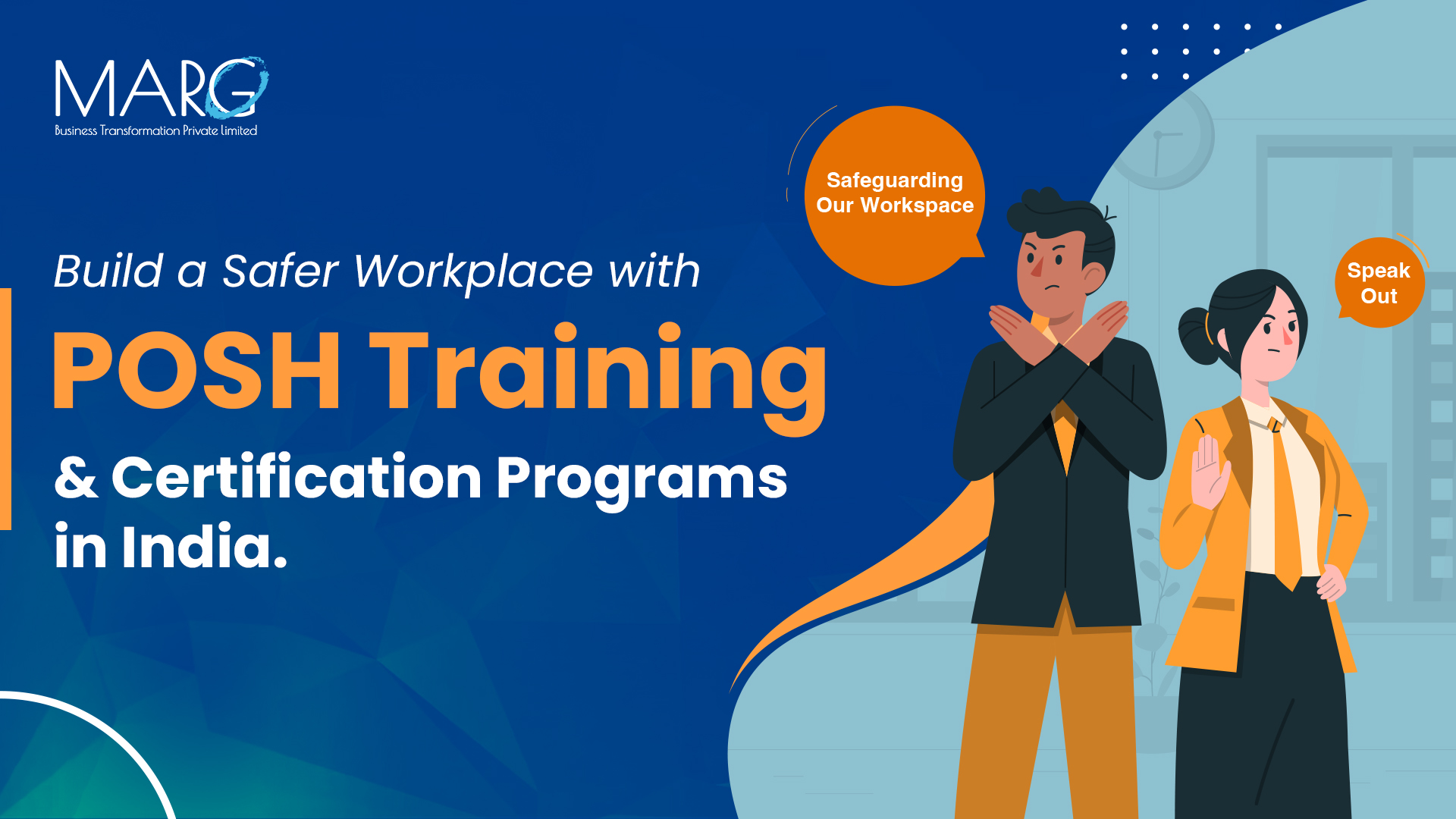
For organisations, workplace safety, and inclusivity are not merely about compliance; they are about creating a culture where every employee feels respected and protected. The Prevention of Sexual Harassment (POSH) at Workplace Act mandates the formation of Internal Committees (ICs) to handle complaints. Still, empowering these committees to act with confidence, sensitivity, and authority is the real challenge. In this blog, we delve into training strategies that equip POSH committees to operate at their highest potential, ensuring robust governance and sustained trust in the workplace.
Reimagining POSH Training for the Evolved Workplace
For employees and committee members well-versed in foundational POSH principles, it’s time to move beyond basic training modules and engage with more nuanced content. Effective POSH training for employees in established organisations needs to go beyond awareness—it should focus on deepening understanding, enhancing investigative skills, and building a framework for continuous improvement.
Strategies to Elevate POSH Training Effectiveness
-
Specialized Training for Enhanced Investigative Competency
While many POSH committees are familiar with the fundamentals of handling complaints, few receive in-depth training on sophisticated investigative techniques. Workshops that cover complex case studies, intersectionality issues, and the psychological aspects of harassment can provide committee members with a more comprehensive toolkit. This advanced POSH training program ensures that every complaint is handled with the nuance it deserves, maintaining fairness and legal integrity.
-
POSH Certification with a Strategic Focus
For established corporates, generic training is insufficient. Opting for POSH training certification in India that focuses on strategic aspects—such as aligning POSH initiatives with organisational values and business objectives—can make a significant difference. Certifications that delve into leadership accountability, the impact of workplace culture on harassment prevention, and the role of data analytics in monitoring and evaluating POSH compliance are particularly beneficial.
-
Continuous Scenario-Based Learning and Crisis Management Training
Traditional role-plays must evolve to include scenario-based learning that mirrors the complexities of real-world situations. Committee members should be trained on handling high-stakes crises, including managing reputational risks, handling media attention, and ensuring confidentiality amidst heightened scrutiny. These exercises build a crisis-resilient committee that is prepared not only to handle complaints but to navigate the broader organisational implications of harassment cases.
-
Data-Driven Decision Making and Reporting Mechanisms
Advanced POSH training for employees should incorporate the use of data analytics to identify patterns, monitor trends, and make data-driven decisions that enhance workplace safety. Training on creating comprehensive reports that provide actionable insights for leadership can help elevate the impact of POSH committees from reactive to proactive, driving strategic change across the organisation.
-
Integration of Technology in POSH Processes
Leveraging technology to enhance the POSH framework is crucial in today’s digital era. Advanced training should focus on the use of digital platforms for complaint management, AI-based analytics for detecting behavioural patterns, and maintaining digital records that ensure transparency and accountability. Training committee members to use these tools effectively can optimize their efficiency and impact.
-
Peer Learning and Expert-Led Roundtables
For high-performing teams, peer learning offers immense value. Facilitating expert-led roundtables where POSH committee members can discuss challenges, share insights, and learn from external experts—such as legal professionals, psychologists, and corporate governance specialists—can lead to a more holistic approach. These sessions are not just about compliance but about evolving best practices in response to emerging challenges.
-
Beyond Compliance—Embedding a Culture of Respect
In high-trust environments, POSH training needs to be more than a check-the-box exercise. It should aim at embedding a culture of respect and zero tolerance that aligns with the organisation’s core values. POSH Training programs should therefore focus on leadership development and behavioural change, ensuring that managers and leaders model the right behaviours and foster psychological safety across teams.
Conclusion
For established corporates, a robust POSH framework is foundational to sustainable success. By adopting advanced POSH training courses, organisations can transform their committees from mere compliance bodies to strategic partners in fostering a safe and inclusive workplace. At MARG Business Transformation, we specialize in delivering customized POSH training and certification programs tailored for high-impact organisations. Reach out to us to elevate your workplace safety initiatives and ensure that your POSH committee is equipped to meet today’s challenges with confidence and integrity.






